Fresh Dill Herb: The Secret to Bright, Bold Flavors in Your Kitchen
Whether you're a seasoned chef or just starting your culinary adventure, one thing's for sure — fresh dill herb is a flavor game-changer. It’s not just for pickles anymore!
This vibrant green herb brings a refreshing, slightly tangy kick to a variety of dishes, from creamy dips to grilled fish and summer salads. In this guide, we'll explore everything you need to know about fresh dill herb — from how to grow it, when to use it, and why it deserves a permanent spot in your spice rack.
Table of Contents
- What Is Fresh Dill Herb?
- Flavor Profile of Fresh Dill
- Culinary Uses: From Classic to Creative
- Growing & Harvesting Fresh Dill at Home
- Buying Guide: How to Choose the Best Fresh Dill
- Storage Tips: Keep It Fresh Longer
- Dill vs. Other Herbs: What Makes It Unique?
- 5 Delicious Recipes to Try with Fresh Dill
- FAQ: Everything You’ve Ever Wondered About Dill
What Is Fresh Dill Herb?
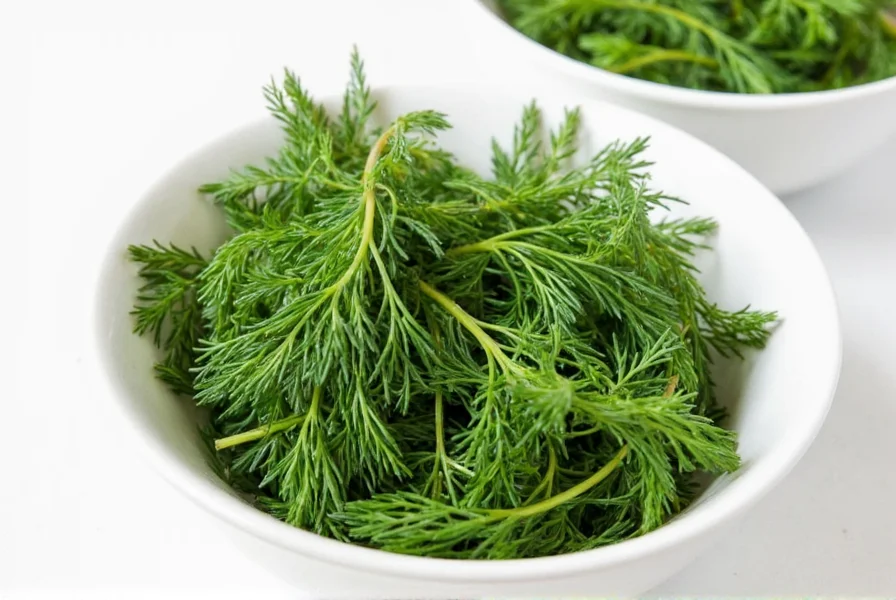
Fresh dill herb, scientifically known as Anethum graveolens, is an aromatic annual herb native to the Mediterranean and southern Russia. Its feathery leaves and delicate yellow flowers make it both ornamental and useful in cooking.
You might recognize its distinctive scent from childhood jars of pickles — but that’s just the tip of the iceberg when it comes to what fresh dill can do in the kitchen.
The Two Main Parts of the Dill Plant
| Part | Description | Culinary Use |
|---|---|---|
| Fern-like Leaves (Dill Foliage) | Soft, lacy green leaves that have a mild anise flavor | Ideal for adding brightness to soups, sauces, salads, and seafood |
| Dill Seeds | Small, oval seeds with a stronger, more earthy flavor than the leaves | Used in pickling, spice blends, and some bread recipes |
Flavor Profile of Fresh Dill
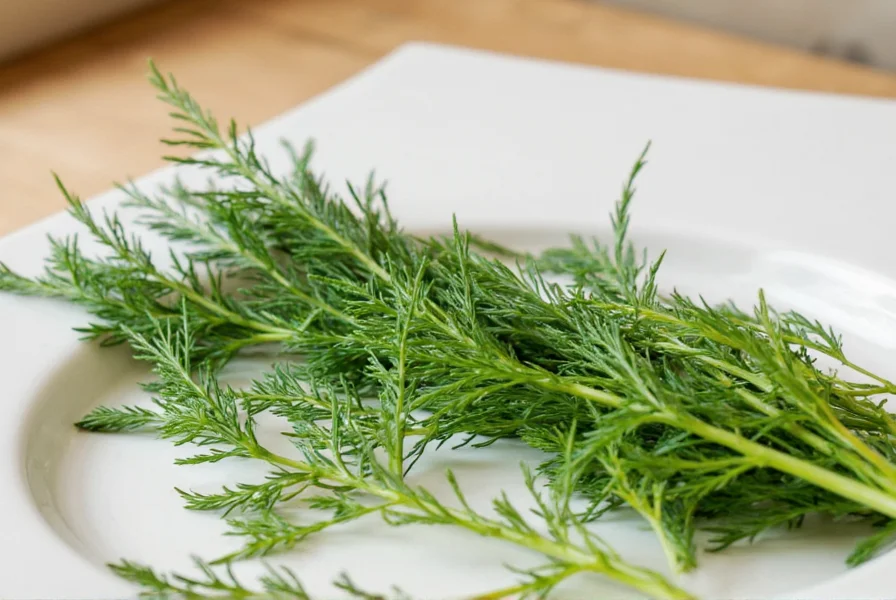
Fresh dill has a bright, grassy taste with subtle hints of lemon and licorice. Unlike dried dill, which can become musty and lose its zing, fresh dill retains a crisp, clean flavor that elevates dishes without overpowering them.
- Taste: Mildly sweet, herbal, and slightly citrusy
- Smell: Earthy, with a hint of anise and mint
- Best paired with: Fish, yogurt, potatoes, cucumbers, tomatoes, and eggs
Culinary Uses: From Classic to Creative
From Scandinavian gravlax to Greek tzatziki, fresh dill plays a starring role in cuisines around the world. Here are some of the most popular ways to use it:
- Pickling: The traditional star ingredient in dill pickles
- Seafood: Perfect with salmon, trout, and other fatty fish
- Sauces & Dips: Adds freshness to sour cream, mayonnaise, and yogurt-based dressings
- Vegetable Dishes: Toss into cucumber salad, roasted carrots, or mashed potatoes
- Eggs: Great in omelets, deviled eggs, or scrambled eggs
Growing & Harvesting Fresh Dill at Home
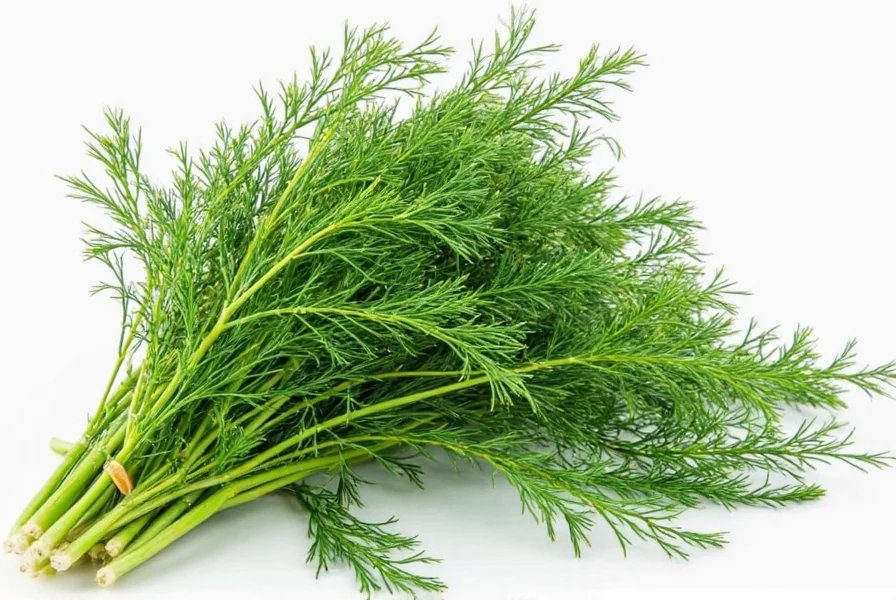
If you love having fresh herbs on hand, growing dill is surprisingly easy — and super rewarding!
How to Grow Dill at Home
- Sunlight: Full sun, at least 6 hours per day
- Soil: Well-draining soil; pH 5.5–6.5
- Watering: Regular watering, but avoid soggy soil
- Planting: Sow seeds directly into the ground after last frost
- Maintenance: No need for pruning unless you want to encourage bushiness
When to Harvest Dill
Harvest dill once the plant has several sets of leaves (usually 6–8 weeks after planting). For best flavor, pick leaves early in the morning when their oils are strongest.
- Snip individual leaves rather than cutting large chunks
- Use immediately or store properly for later
Buying Guide: How to Choose the Best Fresh Dill
When you're shopping for fresh dill, quality matters. Here’s how to pick the freshest bunch every time:
What to Look For
| Feature | Good Sign | Avoid |
|---|---|---|
| Color | Bright green leaves | Yellowing or brown spots |
| Texture | Firm stems, crisp leaves | Wilted or slimy texture |
| Smell | Fragrant, fresh aroma | Moldy or stale smell |
Where to Buy
- Grocery Stores: Most major chains carry fresh dill, especially during spring and summer
- Farmer’s Markets: Often the freshest option with locally grown varieties
- Herb Gardens: Growing your own ensures peak freshness and flavor
Storage Tips: Keep It Fresh Longer
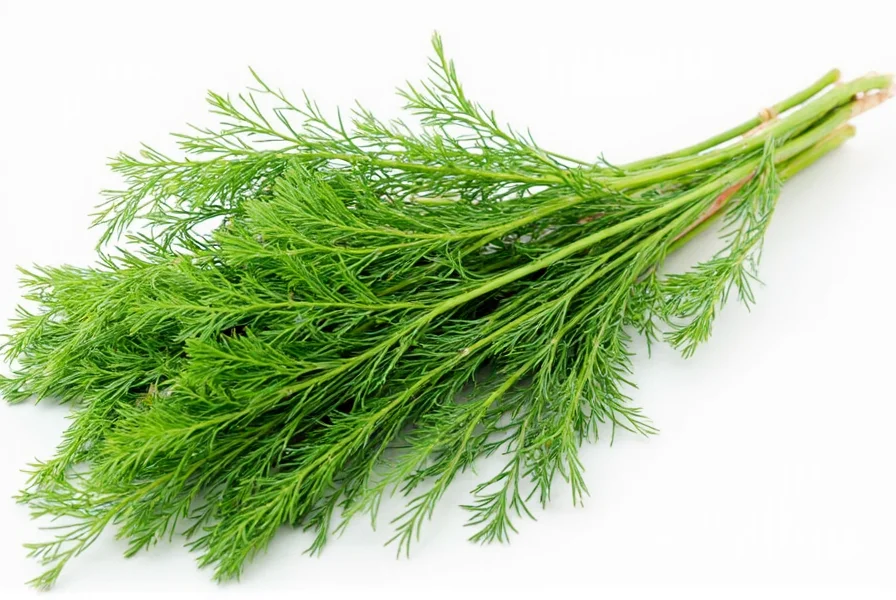
Want your dill to last more than two days? Here’s how to store it like a pro:
Refrigeration Method
- Rinse gently and pat dry
- Place upright in a glass with 1–2 inches of water
- Cover loosely with a plastic bag
- Store in fridge for up to 7–10 days
Freezing Option
- Chop and mix with water in ice cube trays
- Freeze and use directly in soups or stews
Preserving in Oil or Salt
You can also preserve fresh dill by mixing finely chopped leaves with olive oil or salt. Store in a sealed jar in the fridge for up to 2 months.
Dill vs. Other Herbs: What Makes It Unique?
While dill shares some flavor notes with other herbs, it stands out in both taste and versatility. Let’s compare it to similar greens:
| Herb | Flavor Profile | Best Substitute for Dill? | Key Difference |
|---|---|---|---|
| Fennel Fronds | Sweeter, milder version of dill | Yes, in small amounts | Fennel has a stronger licorice flavor |
| Cilantro | Pungent, citrusy | No | Cilantro is much more assertive and less sweet |
| Caraway Seeds | Earthy, nutty, slightly bitter | No | Only similarity is name — flavor is different |
| Parsley | Mild, grassy | In a pinch | Lacks dill’s anise note |
| Tarragon | Slightly sweet, licorice-like | Possible, depending on recipe | Tarragon is bolder and more concentrated |
5 Delicious Recipes to Try with Fresh Dill
Ready to start cooking with fresh dill? Here are five mouthwatering ideas to get you inspired:
1. Creamy Dill Cucumber Salad
- Sliced cucumbers
- Yogurt or sour cream base
- Minced garlic and fresh dill
- Lightly salted and chilled
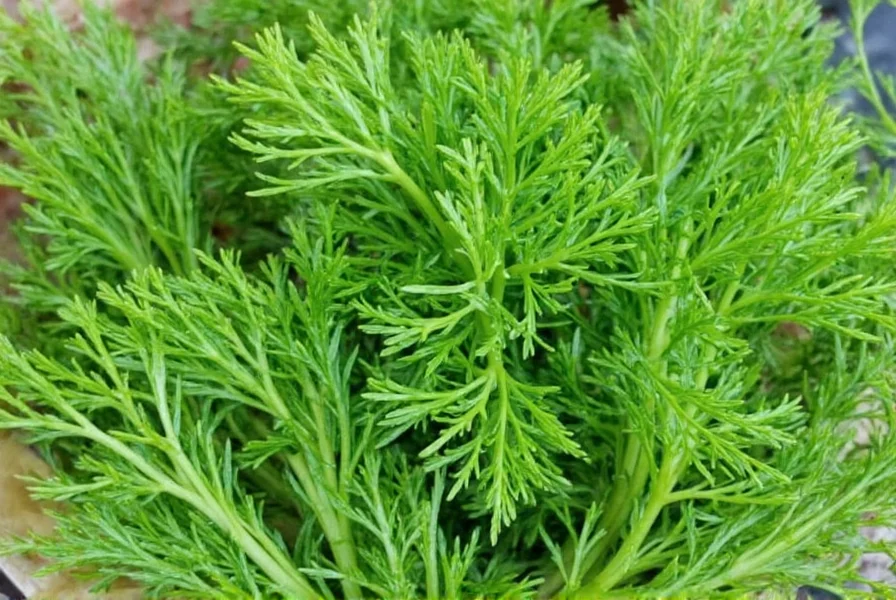
2. Lemon-Dill Salmon Skillet
- Wild-caught salmon fillet
- Lemon juice, white wine, butter
- Fresh dill stirred in at the end

3. Dill Pickled Vegetables
- Mini cucumbers, radishes, and green beans
- Vinegar brine with dill seeds and sprigs
- Packed in jars and refrigerated for 2–3 days
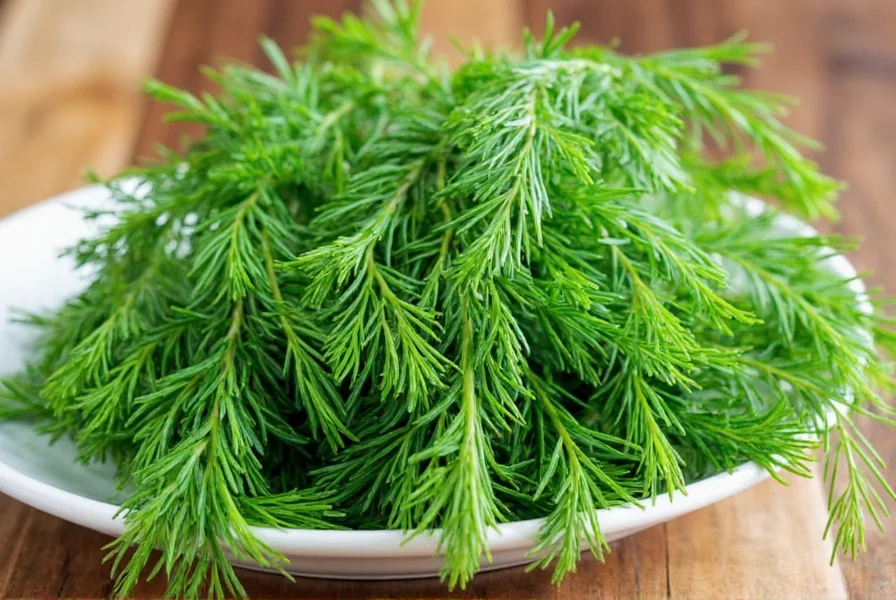
4. Dilled Potato Salad
- Boiled new potatoes
- Mayo, mustard, and apple cider vinegar
- Chopped dill for extra zing
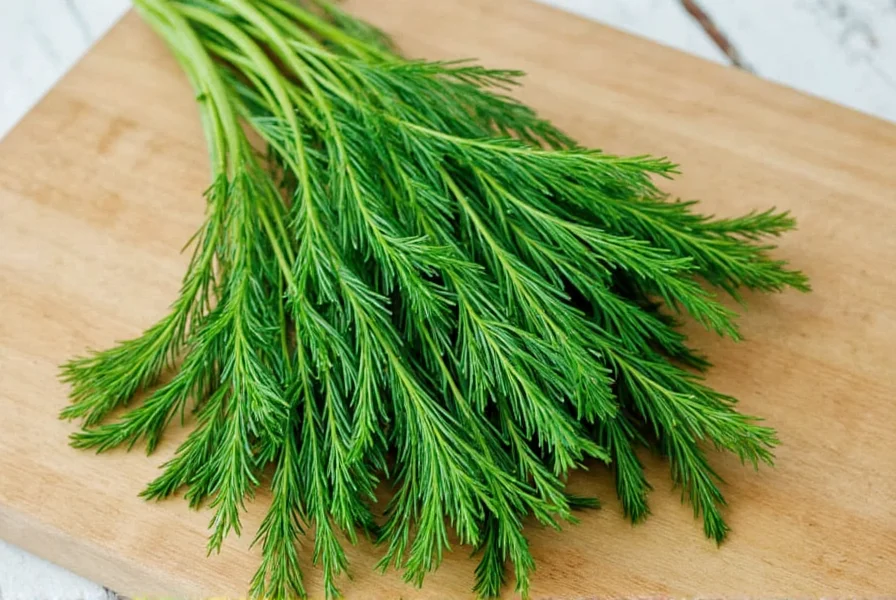
5. Dill-Infused Deviled Eggs
- Hard-boiled eggs
- Mayo, mustard, paprika
- Fresh dill mixed into yolk filling
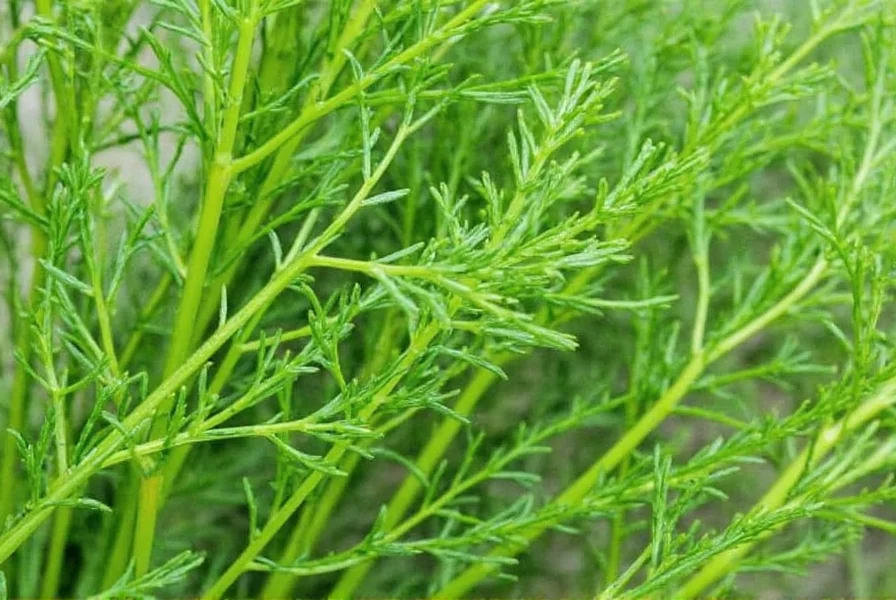
FAQ: Everything You’ve Ever Wondered About Dill
Can I eat dill flowers?
Yes! The yellow umbel-shaped flowers are edible and have a milder flavor than the leaves. They’re great for garnishing or adding to salads.
Is dill good for digestion?
Traditionally, dill has been used to soothe digestive issues. Some studies suggest it may help reduce bloating and gas due to its carminative properties.
How long does fresh dill last in the fridge?
If stored properly, fresh dill can last up to 10 days in the refrigerator.
Can I substitute dried dill for fresh?
Yes, but use ⅓ the amount called for in fresh. Keep in mind that dried dill is less aromatic and has a more muted flavor.
Why does my dill turn black?
This usually happens due to excess moisture or improper storage. Always ensure dill is dry before storing and avoid sealing it tightly in plastic bags.
Conclusion
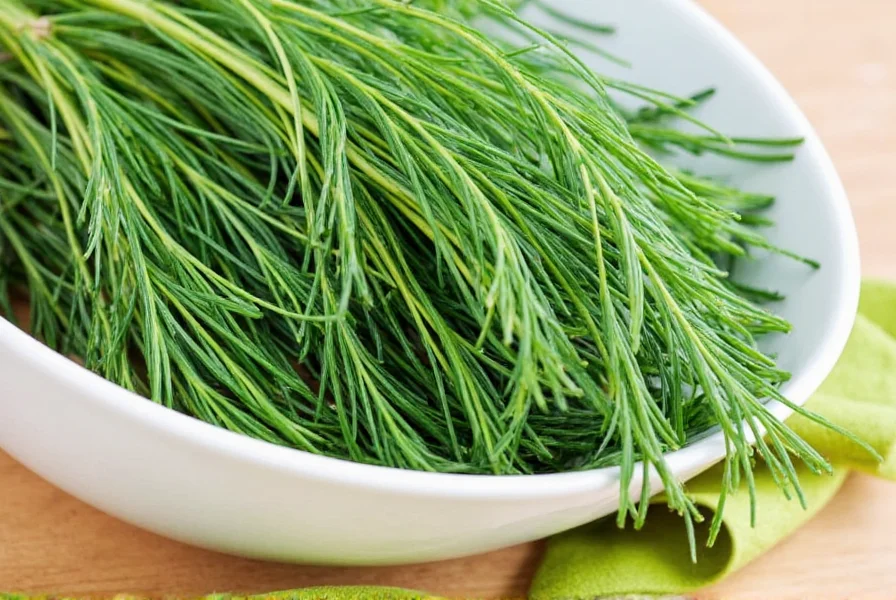
Fresh dill herb is far more than just a pickle topping — it’s a versatile, flavorful herb that can elevate any dish from everyday meals to special occasions. Whether you grow it yourself or grab a bunch from the market, using fresh dill is a simple way to add depth, brightness, and a touch of elegance to your cooking.
So next time you see that lush green bundle in the produce aisle, don’t walk — RUN to the checkout. Your taste buds will thank you!

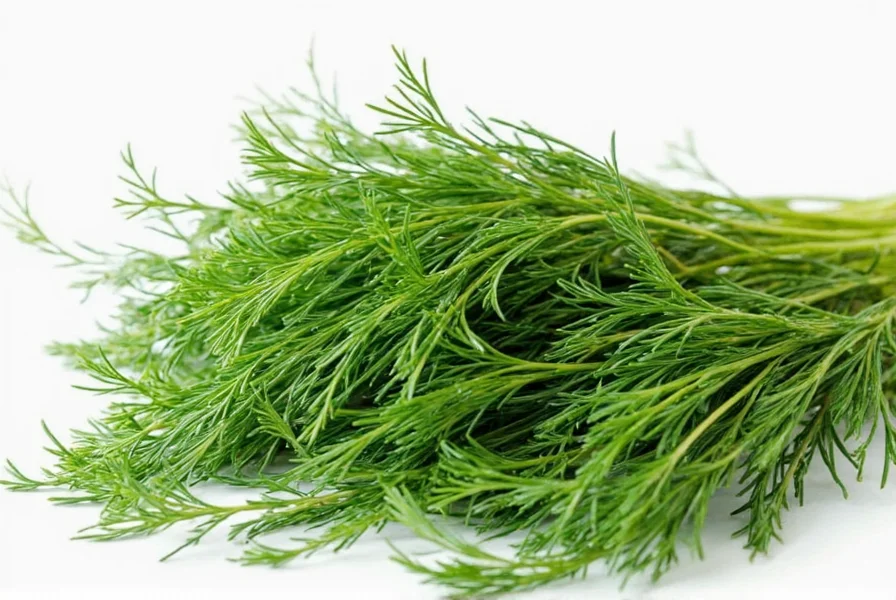









 浙公网安备
33010002000092号
浙公网安备
33010002000092号 浙B2-20120091-4
浙B2-20120091-4